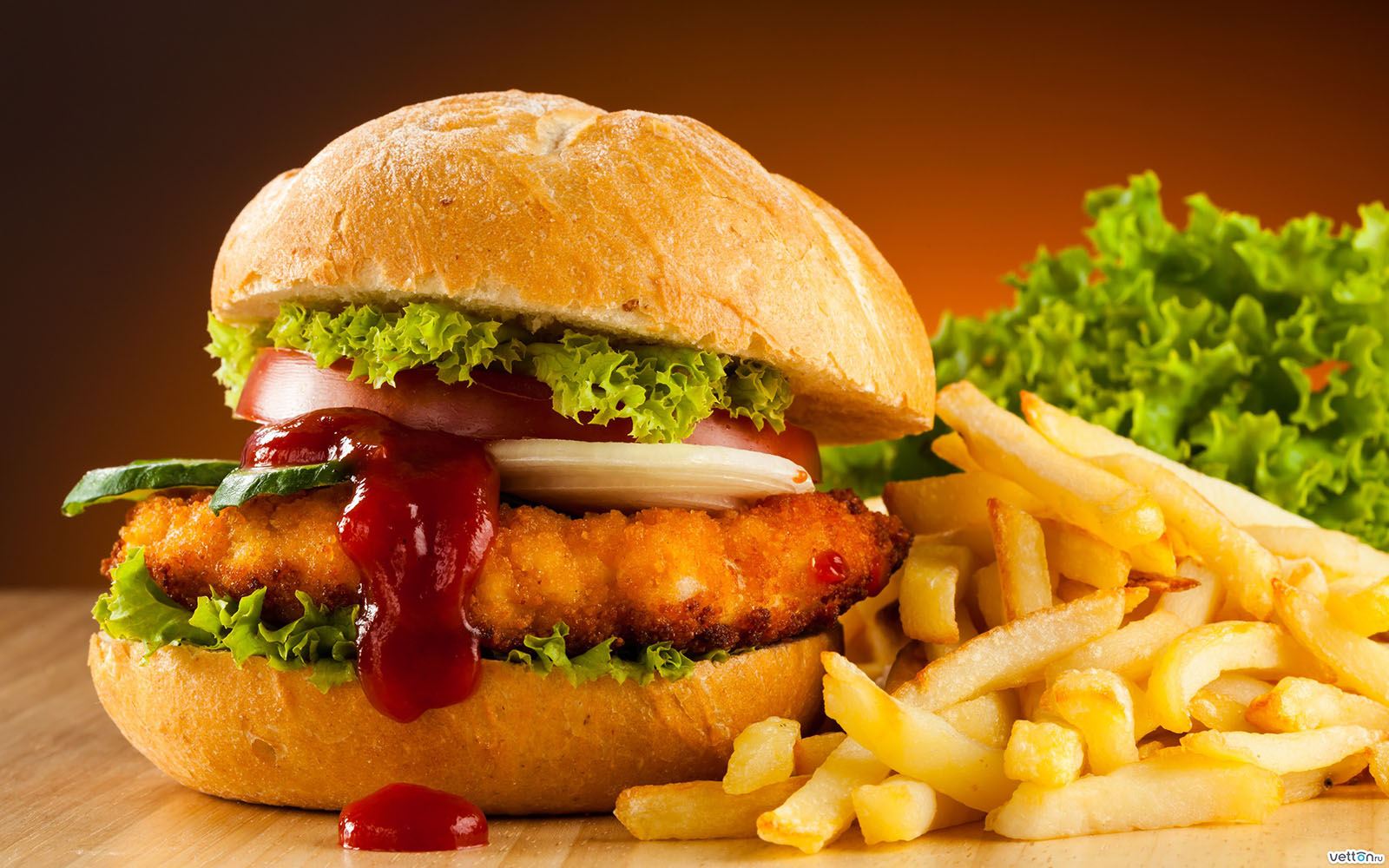6. Cereal
“Most cereals are made from refined gluten and contain sugar or syrup,” says Christian Henderson from Pure Nutrition, none of which provide a healthy start to the day. Henderson suggests checking the label and avoiding cereals with these ingredients or choosing puffed millet or kamut instead.

So many of these lunchtime favourites are filled with sugar, salt and artificial ingredients that they simply aren’t worth the calories, says Carolyn Brown, nutritionist at Food Trainers in NYC. Plus, dressing is so easy (and cheap!) to DIY. All you need is good olive oil, lemon and salt and pepper, or any vinegar of your choosing (red wine, balsamic, you name it).

Brown says this semolina-based pantry staple is “basically a fancy-sounding white carb.” Although it sounds good on paper (no fat, saturated fat or sugar in a serving), couscous doesn’t have much else to give you a nice hit of nutrition. Go with quinoa, packed with protein, instead.

3. Veggie Burgers With Soy:
Henderson says that most of the veggie burgers on the market are made from processed versions of soy, which she says can be genetically modified and highly allergenic.

Brown’s mantra? All things faux have to go. That means you should take a closer look at the ingredient list of products labelled “diet,” low-fat, low-sugar and low-calorie — often these elements were replaced by something nastier (hello, trans fats). Don’t recognise something on the label? Throw it out.,
While no-fat dairy products can be a good choice for those looking to shed pounds, the fat in staples like yoghurt and milk is essential to vitamin D assimilation, which helps build strong bones, says Brown. Also watch out for artificial ingredients in flavoured yoghurts, which can be acidic to the body, says Henderson.








